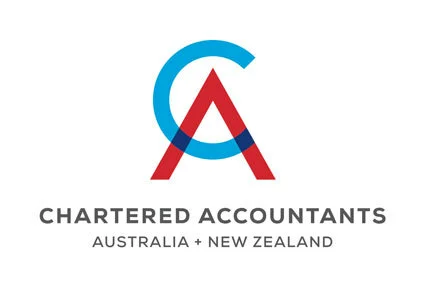Family Trust Under ATO Scrutiny

Family trusts have stood the test of time as a means of protecting family and business wealth, and managing the distribution of trust income in a tax-effective way. But the misuse of these tax benefits by a small minority periodically puts trusts in the firing line of the Australian Taxation Office (ATO).
With the ATO’s recent focus on potential tax avoidance by individuals who feature on annual rich lists, wealthy families and private businesses, trust structures are once again in the tax man’s sights.
The ATO is zeroing in on taxpayers with a net wealth over $5 million as well as large private companies and their associated subsidiaries with annual turnovers of more than $10 million. The regulator is particularly interested in taxpayers in this group with low transparency of their tax affairs, large or unusual transactions, aggressive tax planning, and a lifestyle not supported by their after tax income.
Cracking down on trusts
The ATO’s Tax Avoidance Taskforce is also concentrating on the use of trusts to split income. Its Trusts group is reviewing carefully the use of these structures by Australia’s top 500 private wealthy taxpayers and private business groups.
Trusts have already proved to be a fertile revenue area for the ATO. Over the past six years, the regulator has completed more than 950 trust reviews and raised more than $1.2 billion in tax liabilities, together with several successful convictions for serious tax fraud.
With predictions that by 2022 there will be over one million trusts in Australia being used as vehicles for business, investment and estate planning, the ATO is keen to ensure these structures are not being used for deliberate tax avoidance.
Of significant interest to the ATO are trusts engaging in tax planning behaviours such as tax ‘shuffles’, complex distributions, non lodgment and structures designed to prevent transparency.
Using trusts for business and family
Although the ATO is cracking down on tax avoidance by trusts, it also recognises that the majority of trust arrangements in Australia are used for genuine business and family reasons.
The main benefit of a trust is that it provides a simple way to separate the legal and beneficial ownership of assets. This means the trust has a trustee who controls the trust and legally owns the assets within it, while the beneficiaries (such as family members) receive any income that flows from these assets.
A simple example of a common trust structure is a self managed super fund (SMSF), where the fund trustee is the legal owner of the assets held by the fund (or trust). Members of the fund then receive the investment returns earned on the investment assets held within the SMSF trust.
For small businesses and families, the most common type of trust is a discretionary or family trust. This trust structure is very flexible and can offer valuable protection benefits for the trust’s beneficiaries, who can be immediate and extended family members, other family companies, or even charities.
In a discretionary or family trust, the trustee has absolute discretion on how the income and capital of the trust are distributed to the various beneficiaries. This can provide the trustee with a great deal of flexibility when allocating income to family members paying different marginal tax rates.
Benefits of a trust structure
Discretionary or family trusts can provide a range of tax, asset protection, estate planning and land holding benefits to families and small businesses.
In the right situation, they can offer you a way to pay lower taxes and keep money within the family. They can help with the accumulation of assets for younger generations and can provide simpler regulatory and tax reporting, plus the opportunity for discounted capital gains.
For professionals, small businesses and farming operations, a family trust can provide asset protection, as the trust structure prevents a beneficiary’s creditors from accessing key assets. So if your business goes bankrupt, your creditors are unable to touch the assets or property held within the trust.
If you would like to find out more about trusts and whether one is appropriate for your business or family, call Scott Partners today.







